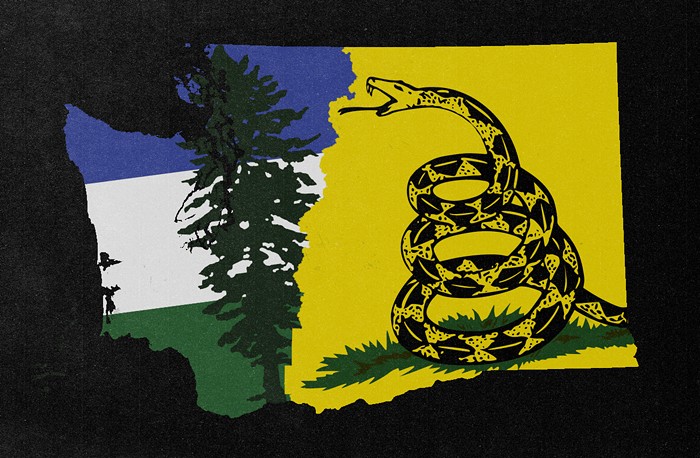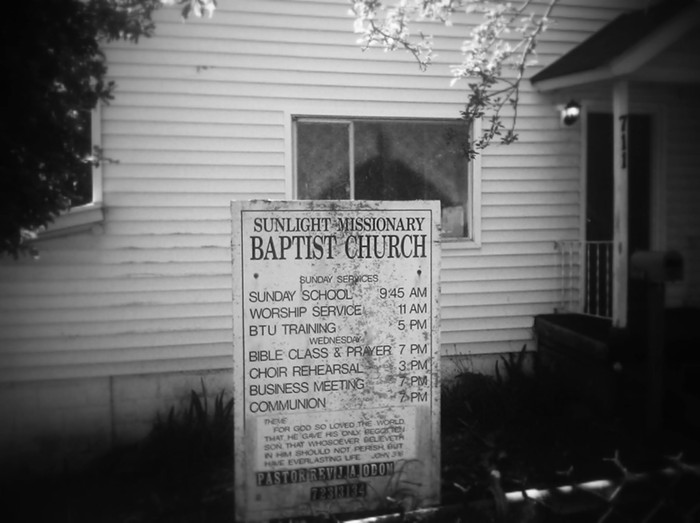
Look at these maps of Alabama and it's immediately clear that if Democratic US Senate candidate Doug Jones is going to beat Republican Roy Moore today, he will need to receive strong support from Black voters.
Alabama polls close at 5 p.m. Seattle time, so we'll find out what the final tally is before too long.
But we already know this: Alabama has a long history of suppressing the Black vote in election after election.
As journalist Ari Berman reminds us in an important Twitter thread, it was racist efforts to prevent Blacks from voting in Alabama that led to the 1965 Voting Rights Act.
Alabama is birthplace of Voting Rights Act
This is how hard it was to vote in the state before 1965
We can’t forget about this history
(p17 Give Us the Ballot) pic.twitter.com/iWWCuxLtUz
— Ari Berman (@AriBerman) December 12, 2017
As Jamelle Bouie at Slate points out, after the US Supreme Court struck down portions of the Voting Rights Act in 2013, Alabama quickly enacted a strict voter ID law that would previously have been unconstitutional.
The law provided for free state photo IDs to satisfy the requirements for voting, but in 2015—citing a budget crisis—Alabama Republicans shuttered dozens of driver’s license offices, many of them in counties with high numbers of black registered voters. “Every single county in which blacks make up more than 75 percent of registered voters will see their driver license office closed. Every one,” noted John Archibald of the Birmingham News at the time.
And as Berman reports, today there have been numerous voting problems reported in Alabama—including long lines, police showing up at polling places, and ID challenges.
This is America's "real voter fraud," writes David Leonhardt at The New York Times. "Not the vanishingly small number of people who try to vote illegally but the large number of American citizens who are kept from exercising their most basic democratic right."















